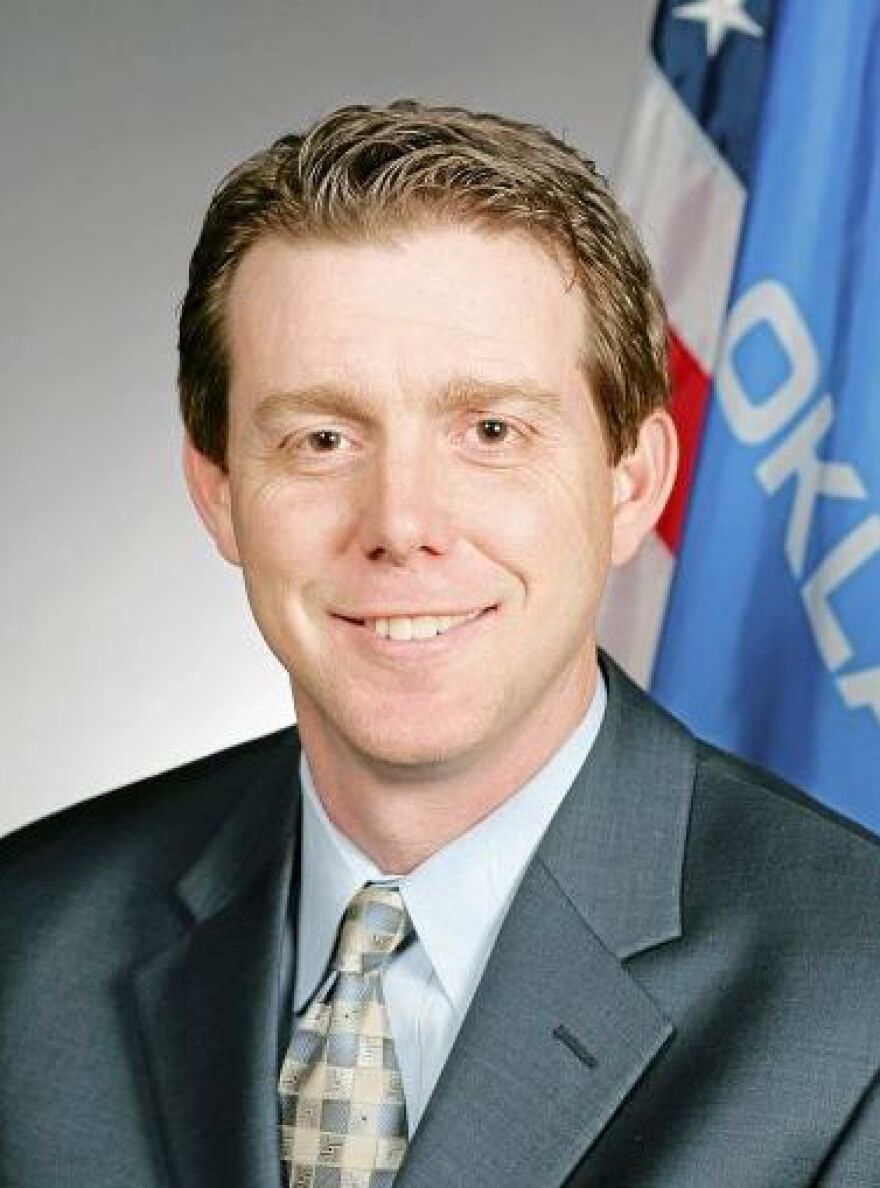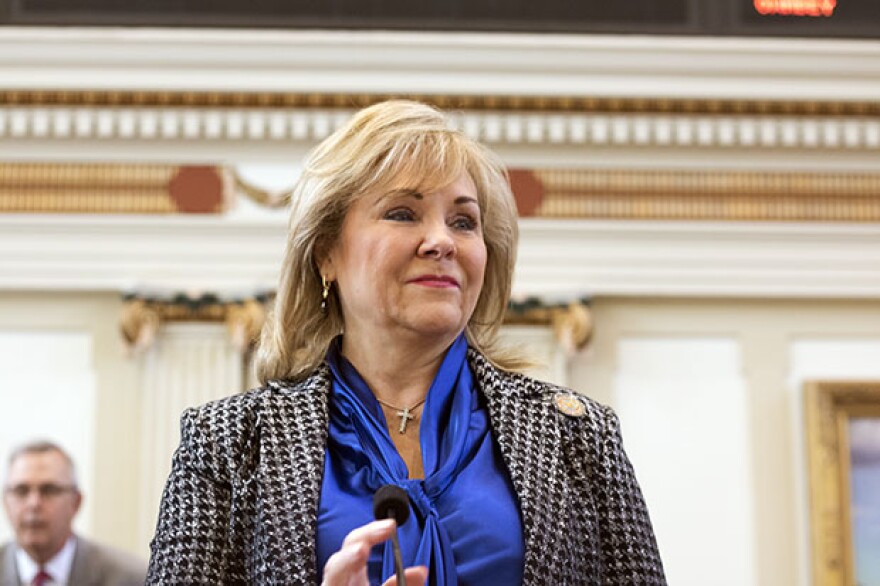The Senate Finance Committee easily passed a bill Tuesday that would roll back a reduction in the state's income tax rate that went into effect January 1.
The panel sent it to the full Senate on a bipartisan 10-2 vote, which was surprising since Gov. Mary Fallin, House Speaker Jeff Hickman, R-Fairview, and Senate President Pro Tem Brian Bingman, R-Sapulpa, all objected to the bill, The Journal Record’s Dale Denwalt reports:
Hickman, R-Fairview, said the House is considering numerous proposals to generate revenue amid the budget crisis, including a price-triggered gasoline tax, expanding sales taxes to include Internet sales and certain services that currently aren’t taxed, as well as Fallin’s proposed $1.50-per-pack tax on cigarettes. But he said the Senate’s plan to roll back the income tax would be a tax increase, something not likely to gain support in the House, where Republicans have a 71-30 advantage. “The cut is already triggered. It’s gone into effect, and the only way to change that is to vote to increase the income tax, and there would not be support in the House for the three-quarters vote needed to do that,” Hickman said. . . . Fallin also has said she does not support rolling back the income tax cut and has urged Senate leaders to be cautious in passing bills to rein in some of the hundreds of millions of dollars’ worth of corporate tax incentives that are used to attract businesses to Oklahoma. “It would be extremely unwise for us to put a moratorium, however temporary it may be, on effective methods of bringing new investment and jobs, as well as the opportunity for increased income, to our state,” Fallin said in a statement.
State Sen. Mike Mazzei, R-Tulsa, chairs the Finance Committee, and says the reduction in the state's top income tax rate from 5.25 percent to 5 percent should not have gone into effect amid a revenue failure.

“If we don't address this financial crisis wisely, we will unfortunately see education take the brunt of the hit with a reduction of probably over $400 million,” Mazzei said.
The legislation only delays the timing of the tax cut, and it would take place eventually once general revenue rebounds. Mazzei also wants to reduce tax credits and adjust dedicated cash flow that goes to revenue projects he says handcuff lawmakers' flexibility.
"If we do all three of those in combination, we will make a big step in the right direction towards dealing with this crisis, and minimizing the damage, and the hard times that are affecting all of us in Oklahoma,” Mazzei said.
Oklahoma is facing an estimated $1.3 billion hole in next year's budget, or nearly 20 percent of last year's spending. The new fiscal year begins July 1.
During the committee hearing, state Sen. Nathan Dahm, R-Broken Arrow, asked Mazzei if the bill would face a constitutional challenge, since it originated in the Senate, eCapitol’s Shawn Ashley reports. Under state law, bills dealing with state revenue have to originate in the House.
"It is not a revenue bill by definition or in the traditional sense of the word since it just adjusts the trigger language,” Mazzei said. He also noted the bill itself did not increase the individual income tax rate, freeing it from State Question 640 considerations that would require passage by a three-fourths vote in each chamber or approval by a vote of the people. Instead, Mazzei said, the bill changed the timing of the rate reduction. He also added, "The Constitution requires us to balance the budget." Sen. Kim David, R-Porter, expressed reservations because the rate had been reduced beginning Jan. 1. Mazzei suggested most taxpayers have not yet received the benefit of the rate cut and would not until 2017 when they file their 2016 taxes. That's because, he explained, the impact of the reduction was "small" and most employers, himself included, had not adjusted their withholding tables. Most taxpayers, he said, would not see the impact until they filed their taxes. Only Dahm and David voted against the do pass motion for the committee substitute with its title stricken. The vote was one of the few that saw the committee's three Senate Democratic Caucus members - Sens. John Sparks, of Norman; Susan Paddack, of Ada; and Charles Wyrick, of Fairland - in the aye column. The three senators have voted against most bills amending various tax credits and did so again Tuesday.
KGOU produces journalism in the public interest, essential to an informed electorate. Help support informative, in-depth journalism with a donation online, or contact our Membership department.





